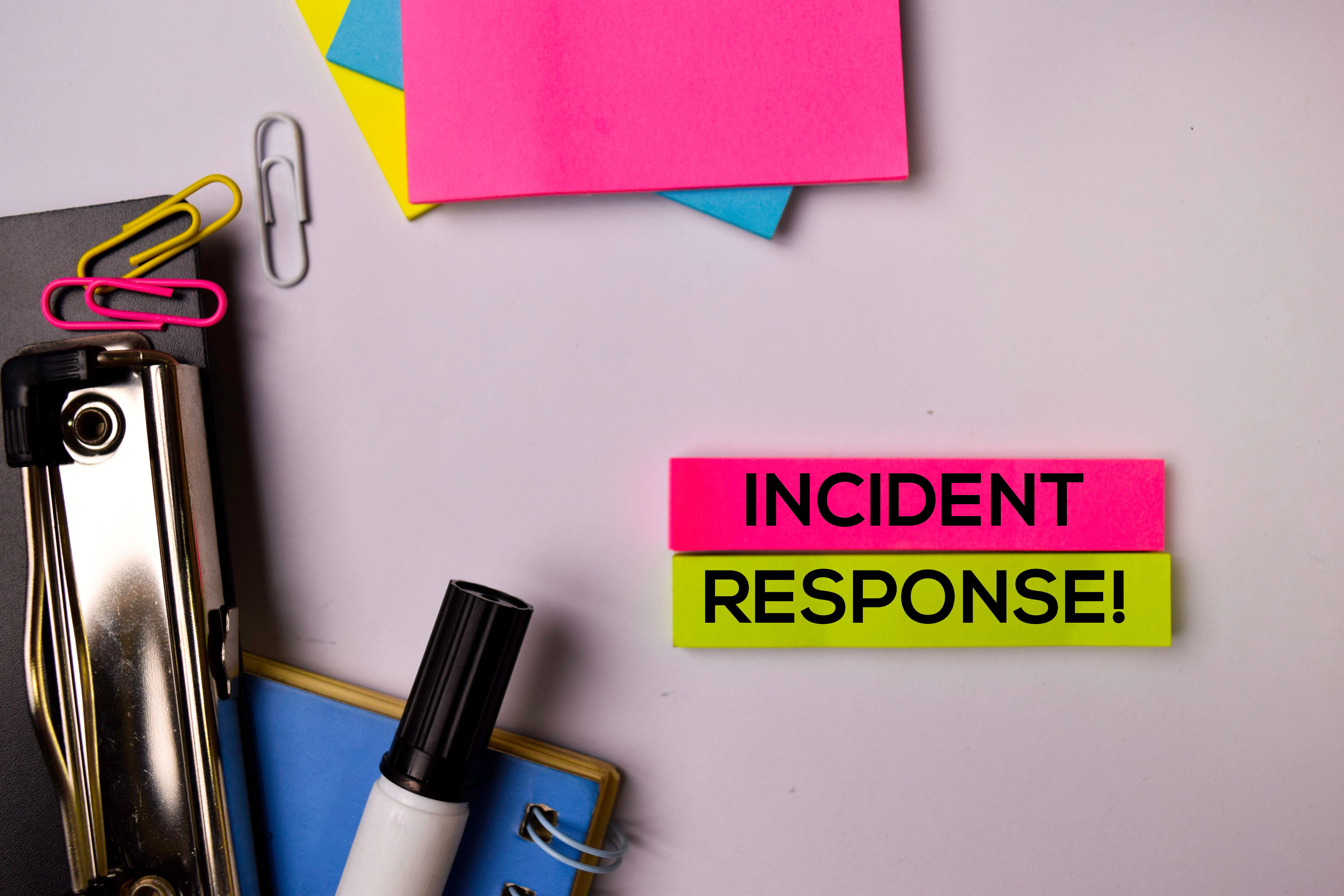Effective Strategies for Responding to Ransomware Attacks
Understanding Ransomware Attacks
Ransomware attacks have become a significant threat to organizations across the globe. These malicious attacks involve encrypting an organization's data and demanding a ransom for its release. To effectively respond to such threats, it's crucial to understand how they operate and the potential impact on your business operations.

Immediate Response Tactics
When a ransomware attack occurs, time is of the essence. Immediate actions can mitigate damage and prevent further spread. The first step is to isolate infected systems to stop the malware from proliferating. Disconnect these systems from the network and any shared drives or cloud services.
It's also essential to maintain evidence of the attack. Documenting the details can help in later forensic analysis and support any potential insurance claims. Additionally, inform your IT security team or an external cybersecurity expert to assess the situation and begin recovery efforts.
Effective Communication
Clear communication is vital during a ransomware attack. Inform all stakeholders, including employees, management, and affected clients, about the incident. Transparency helps maintain trust and can prevent misinformation. Provide guidance on what steps are being taken and any actions they need to perform, such as resetting passwords.

Engaging with Law Enforcement
Contact law enforcement agencies early in the process. They can offer guidance and may have insights into ongoing threats or similar cases. Reporting the crime also contributes to broader cybersecurity intelligence gathering efforts.
Recovery and Decryption
Restoring data from backups is often the most effective recovery strategy. Ensure that your backups are up-to-date and stored offline to prevent them from being compromised during an attack. If no backups are available, decryption tools may exist for certain ransomware strains, although their effectiveness varies.
Consider engaging with cybersecurity firms specializing in ransomware recovery. They may have additional resources or tools at their disposal to aid in data recovery.

Preventative Measures
Prevention is always better than cure. Implementing robust security measures can significantly reduce the risk of ransomware attacks. Use firewalls, anti-malware software, and regularly update all systems to patch vulnerabilities.
Employee Training
Regular training sessions can educate employees on recognizing phishing attempts and other common ransomware delivery methods. An informed workforce is a strong line of defense against cyber threats.
Developing a Response Plan
Create a comprehensive incident response plan tailored to your organization's needs. This plan should outline step-by-step procedures for responding to ransomware attacks, including roles and responsibilities, communication protocols, and recovery strategies.
Regularly test and update this plan to ensure its effectiveness as threat landscapes evolve. By being prepared, your organization can respond more swiftly and effectively to any future incidents.
